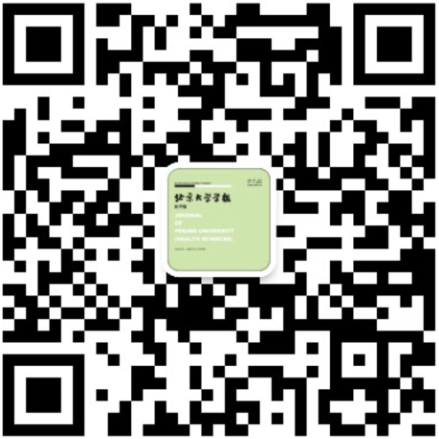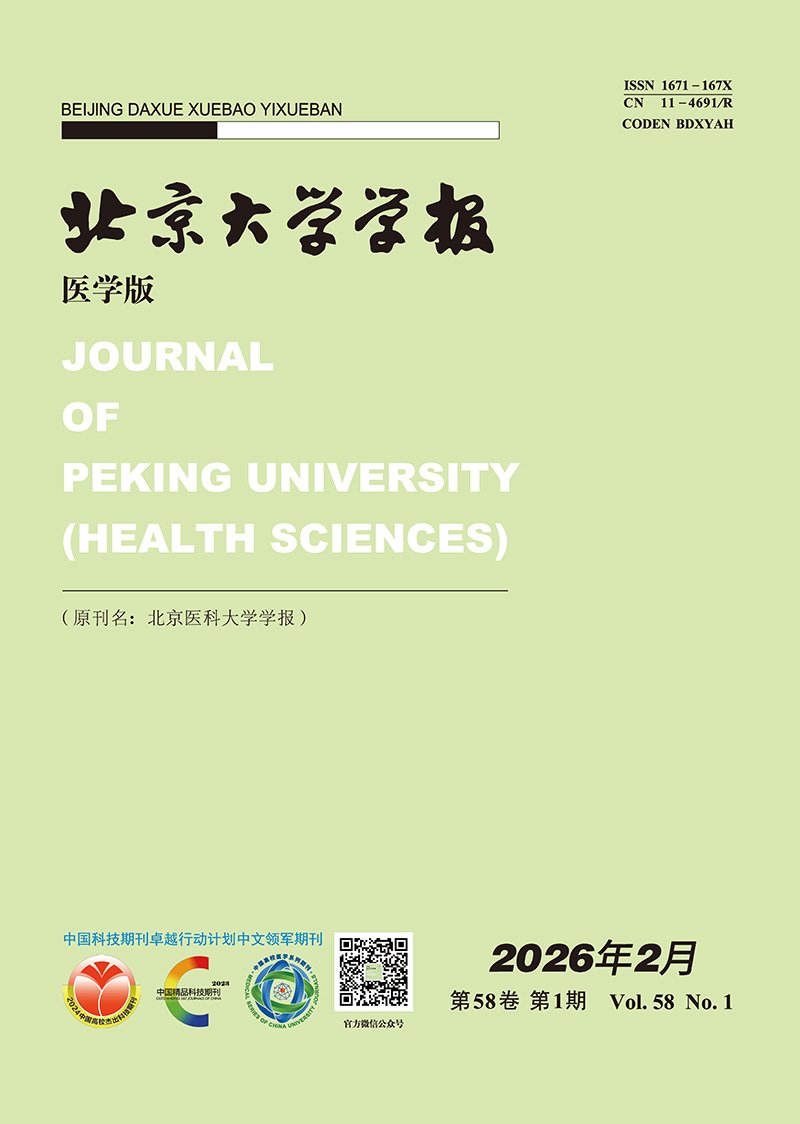 Publication Ethics for Authors and Peer Reviewers
Publication Ethics for Authors and Peer Reviewers-
1 Publication Ethics for Authors
The authorship of research publications should accurately reflect individuals’ contributions to the work and its reporting: ① Substantial contribution to the study conception and design, data acquisition, analysis, and interpretation. ② Drafting or revising the article for intellectual content, performed statistical analysis, and/or wrote the manuscript. ③ Approval of the final version. ④ Take joint responsibility for the soundness and integrity of all aspects of the paper in order to guarantee all requests be detected and solved. Those who provide purely technical, or financial and material contributions to the work should not be rewarded with authorship, but be listed in the “Acknowledgement” section.
The authors who contributing equally to the work should be identified at the time of submission. The number of first co-authors are generally not more than two. In general condition, only one corresponding author is allowed. In case of multi-center trials or multidisciplinary researches, there are indeed more than two corresponding authors, then the list may be as appropriate for situation. Those added in the list should come from different institutions or research groups.
The authors should specify their names and institutions at submission. The institution should be related to the content of the research. If not relevant, the author should explain his/her own contribution to the work, or should provide a certificate by the institution to prove that the author did engage in the study.
Any addition, deletion, or rearrangement of author names in the authorship list should be made before the manuscript is accepted. To request such a change, the corresponding author must specify the reason for the change in the author list and send the letter of confirmation from all authors to the Editorial Office to indicate that every author agrees to the change. When adding or removing authors, the confirmation letter should also include the acknowledgments of the added or removed authors.
Authors need to declare whether there is a conflict of interest at the end of the manuscript. A conflict of interest may exist when an author (or the author’s institution or employer) has financial or personal relationships or affiliations that could influence (or bias) the author’s decisions, work, or manuscript. Authors should also disclose conflicts of interest with products that compete with those mentioned in their manuscript. The situation of conflict of interest must be clearly defined and disclosed in the “Conflict of Interest” section (if the individual is an author) or the “Acknowledgments” section (if the individual is not an author) at the end of the manuscript.
2 Publication Ethics for Peer Reviewers
The peer reviews shall insist on the principles of fairness, justice, confidentialness and promptness to make a responsible review for the manuscripts. The primary criteria for judging the acceptability of a manuscript are its quality, novelty, and scientific importance. And they should not have prejudice or discrimination against the author’s research institutions, regional disparity, seniority, ethnicity and others, and what’ more, should not disclose the author’s research content.
In order to ensure the impartiality of the review, the expert reviewer should declare the conflict of interest to the Editorial Office in time when there is a conflict of interest between the reviewer and the author. When the reviewer finds that the author’s research is similar to himself, he should not suppress or belittle the article in his/her own convenience.
Reviewers should review the manuscript in time according to the agreement, if not the reviewing cannot be completed in time, he/she should promptly inform the Editorial Office and return the manuscript, and may recommend other reviewers. Without the consent of the Editorial Office, peer reviewers are not allowed to let their own students, colleagues and other do the review on behalf of his/herself.
When peer reviewers encounter the manuscripts that have been reviewed, or the manuscripts that are suspected of duplicate publication, fabrication of data, or plagiarism, they should immediately give feedback to the Editorial Office.
-
《北京大学学报(医学版)》2020年第52卷第3期“公共卫生学研究”重点号征稿和征订启示
(2019-12-31) -
《北京大学学报(医学版)》2020年第52卷第4期“泌尿外科疾病研究”重点号征稿和征订启示
(2019-12-19) -
《北京大学学报(医学版)》入选2018年度中国百种杰出学术期刊
(2019-11-20)

WeChat public address

Sponsor: Peking University
Editor-in-Chief: ZHAN Qi-min
Executive Editor-in-Chief: ZENG Gui-fang
Editing and Publishing: Editorial Department of Journal of Peking University (Health Sciences)
ISSN: 1671-167X
CN: 11-4691/R